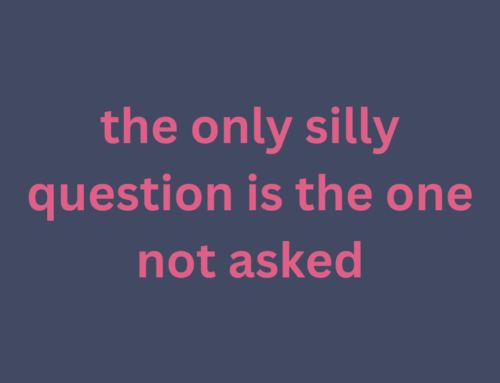Finding a home loan can be hard work. Finding “the best” home loan can be really hard, so let’s break it down.
1. Decide what’s important to you – remember, “the best” home loan is different for everyone. What works well for some, doesn’t work well for everyone, so figure out what will work best for you – ie, flexibility to make additional repayments, security of the same repayment every month, ability to access additional funds, ability to make additional repayments, transaction or savings account linked to offset your home loan.
2. Consider your long term objectives – are you getting this loan to create wealth, is it your family home, do you want to repay the loan as quickly as possible or use extra cash to renovate, do you intend to rent the property out eventually, are you using the loan to consolidate personal debt and need to pay it off quicker? Chopping and changing loans can be expensive and time consuming – unless you’re chasing lower rate. Thinking ahead can save you the cost and hassle of change.
3. Consider the interest rate – is it an introductory rate, will it revert to a higher rate, if it’s a fixed rate what will happen at the end of the fixed period, is it an interest only or investment loan, are you getting a negotiated rate and what are the conditions, do you know what the comparison rate is? Take note of the terms and conditions!
4. What are the extras you are paying for – are you on a package paying an annual fee, how many offset accounts are included, can you make changes to the loan without being hit with fees? Do you have the extras you need or are you paying for extras you don’t need?
5 What fees does the loan have – application fees, ongoing fees, variation, switch, exit fees? How much are the mortgage insurance premiums because they change between lenders?
6. Does the lender’s policy suit your circumstances and goals – each lender has different criteria to assess an application under. Every time you apply for a loan, there is a mark on your credit history. Approaching the wrong lender can put an unnecessary mark on that record so you need to understand whether or not you fit their policy before you approach them.
So how do you figure out what’s best for you?
There is no lender who always has the cheapest rate and the cheapest rate may also be the one that may cost you more in the long run. Getting a basic variable loan without an offset account could be a costly mistake but for others, it may suit them perfectly.
The best loan for a first home buyer may be a basic variable with low fees, a simple loan with a low rate but it could also be a variable rate with an offset account so that they can make the most of additional savings but it could be a fixed rate so they can manage their cashflow better.
No two people are in the same situation and circumstances and policy change constantly. The best way to decide which is the best home loan for you is to chat with a professional.
We can cut through the jargon, figure out what you want and give you the shortlist of options.
What could be easier than that?






